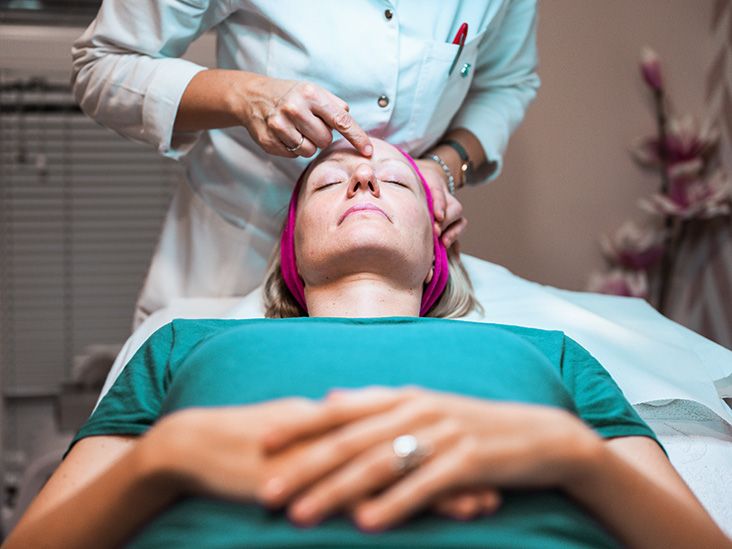Find solutions for your hair loss issues with guidance from an experienced hair care specialist.
Find solutions for your hair loss issues with guidance from an experienced hair care specialist.
Blog Article
Navigating Skin Cancer Cells Therapy: The Necessary Function of Mohs in Modern Dermatology Practices
Skin cancer, a difficult diagnosis, often leaves people coming to grips with various therapy choices. Among these, Mohs surgical procedure stands as a beacon in modern-day dermatology, renowned for its careful method to cancer cells removal and conservation of bordering healthy cells. This innovative technique promises not just exceptional cosmetic end results however also uses immediate outcomes, easing person anxiety. As we discover the complexities of this treatment, one will certainly value its pivotal function in skin cancer cells treatment.
Understanding Skin Cancer Cells: Kinds and Risks
Skin cancer cells, a possibly dangerous ailment, is much more widespread than lots of people recognize. This condition, brought on by the uncontrolled growth of irregular skin cells, primarily results from DNA damage because of direct exposure to the sunlight and ultraviolet (UV) light. There are 3 main sorts of skin cancer: Basal cell carcinoma, Squamous cell cancer, and Cancer malignancy. While the previous 2 are less lethal and comprise the bulk of identified instances, melanoma is the most harmful. It accounts for just regarding 1% of skin cancer instances yet triggers the vast bulk of skin cancer cells deaths - chemical peel. Threat factors consist of reasonable skin, background of sunburn, excessive sun direct exposure, living at high elevations or near to the equator, having lots of moles, a family history of skin cancer, and compromised immune system.
What Is Mohs Surgery and Just How It's Changing Skin Cancer Cells Treatment
In spite of the various therapies presently offered for skin cancer, Mohs surgical treatment stands out as a groundbreaking and very effective remedy. Named after Frederic E. Mohs, the medical professional who created the procedure, Mohs surgical treatment is a precise medical strategy utilized to deal with skin cancer. During the treatment, thin layers of cancer-containing skin are gradually removed and analyzed till only cancer-free tissue continues to be. This approach enables the doctor to verify see this website that all cancer cells have actually been removed at the time of surgery. This degree of accuracy, integrated with the capability to save as much healthy and balanced tissue as possible, is reinventing skin cancer cells treatment. As a result, Mohs surgical treatment has actually come to be a cornerstone of contemporary dermatology techniques.
The Benefits of Mohs Surgical Procedure Over Typical Skin Cancer Treatments
Building on the ingenious nature of Mohs surgical treatment, it's critical to consider its various benefits over standard skin cancer cells therapies. Unlike standard operating procedures, Mohs provides a higher cure price, often reaching 99% for novice treatments and 94% for recurrent cancers. This precision results from its one-of-a-kind approach of considerably eliminating and analyzing tissue layers till only cancer-free cells continue to be (skin cancer). Furthermore, it minimizes damage to healthy skin, bring about less scarring and improved aesthetic outcomes. Mohs additionally supplies instant outcomes, removing the anxiety-ridden delay usual with various other methods. Lastly, it's economical, as the surgical treatment and tiny exam occur concurrently, removing the need for added lab solutions. Hence, Mohs represents a substantial development in skin-related methods.
The Procedure of Mohs Surgical Treatment: What to Anticipate Throughout the Process

Prospective Adverse Effects and Post-Operative Treatment of Mohs Surgical Treatment
Undergoing Mohs surgery, like any various other medical treatment, includes prospective side effects that clients should be aware of. Usual side results include discomfort, bruising, and swelling at the surgical procedure website. In some situations, additional therapies might be required to guarantee complete elimination of the malignant cells.
Final thought

Report this page